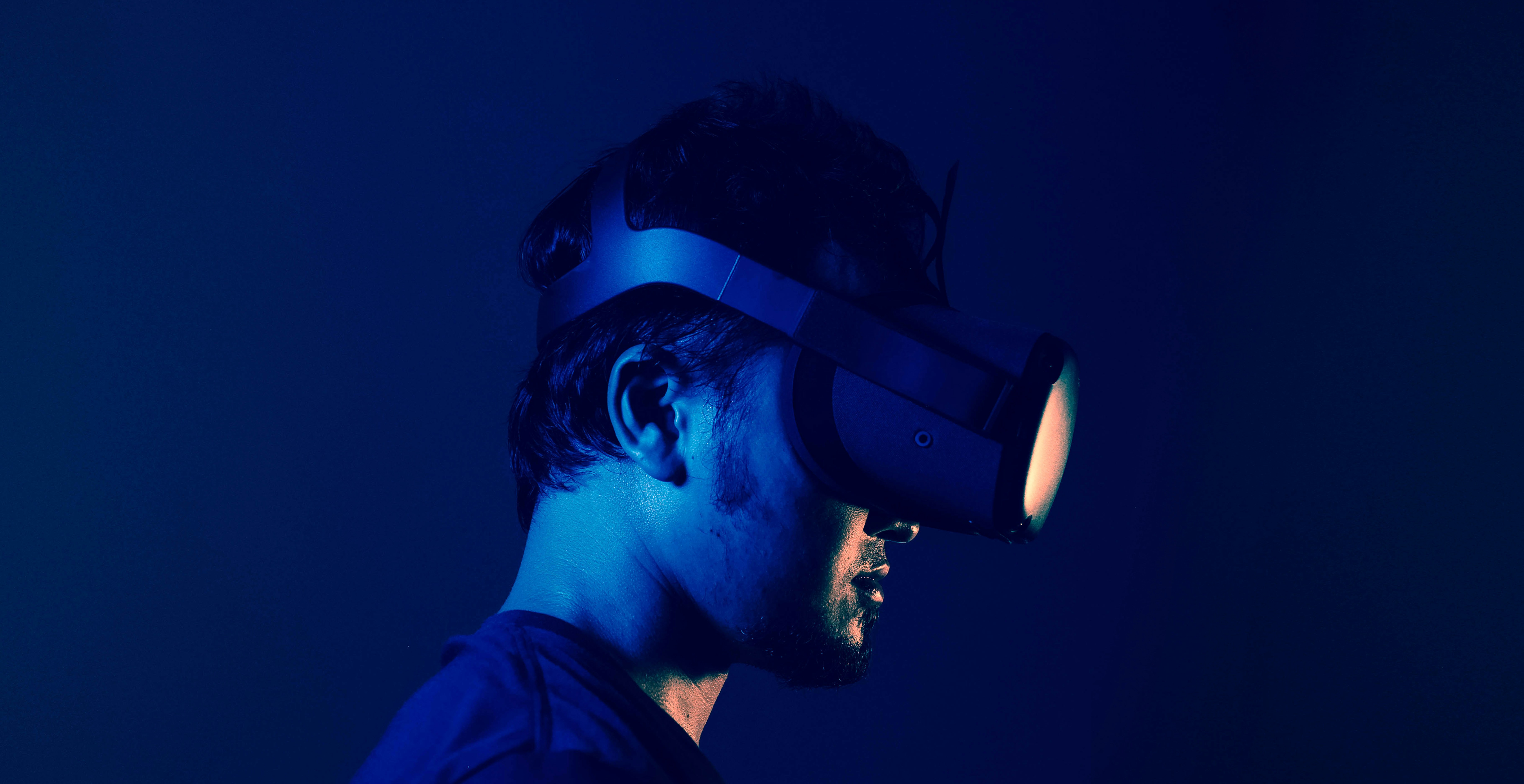
The Future of Medical Technology Jobs: Careers That Don’t Exist Yet
Medical technology—often referred to as MedTech—is one of the fastest-growing and most transformative sectors in the global economy. It sits at the intersection of healthcare, engineering, and digital innovation, producing tools and systems that improve how diseases are diagnosed, monitored, and treated. From the first stethoscope in the 19th century to today’s robotic surgical platforms, MedTech has always pushed boundaries. In the UK, MedTech is a powerful economic engine. It generates an estimated £27.6 billion annually, supports more than 138,000 jobs, and contributes over £5 billion in exports each year. Importantly, it is not just a financial driver but also a sector that directly shapes health outcomes for millions of people. With an ageing population, increasing demand for personalised healthcare, and rapid advances in digital technologies, the sector is set to expand dramatically in the coming decades. Yet, we are only scratching the surface. As artificial intelligence, robotics, nanotechnology, synthetic biology, and digital health converge, many of the most important MedTech jobs of the future don’t exist today. These roles will appear at the intersection of clinical practice, ethics, data science, and engineering. This article explores why MedTech will generate new jobs, the future roles likely to emerge, how today’s positions will evolve, why the UK is well positioned, and how professionals can prepare now.

